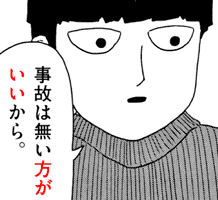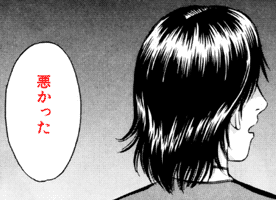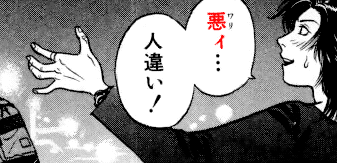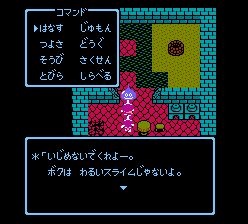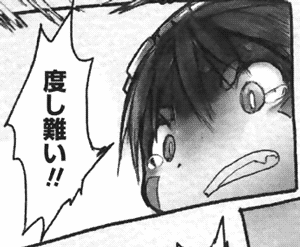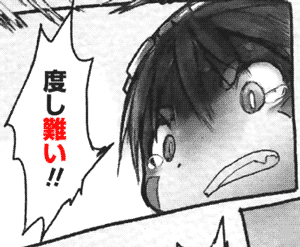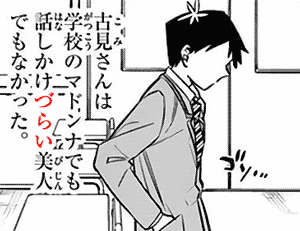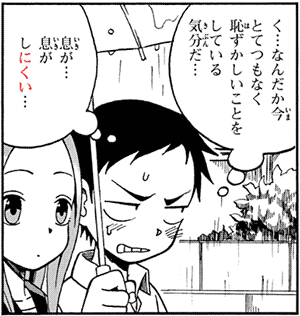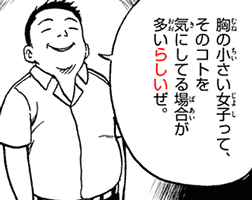In Japanese, hou ga ii 方がいい means "it's better if" most of the time. It can be used in three ways: to advise to do something, to warn them to not do something, or to simply state you think it would be better if something happened or not.
A variant is hou ga yoi 方がよい. It's also spelled hou ga ii/yoi 方が良い, ほうがいい, ほうがよい.
Manga: Mob Psycho 100, Mobu Saiko Hyaku モブサイコ100 (Chapter 53)
